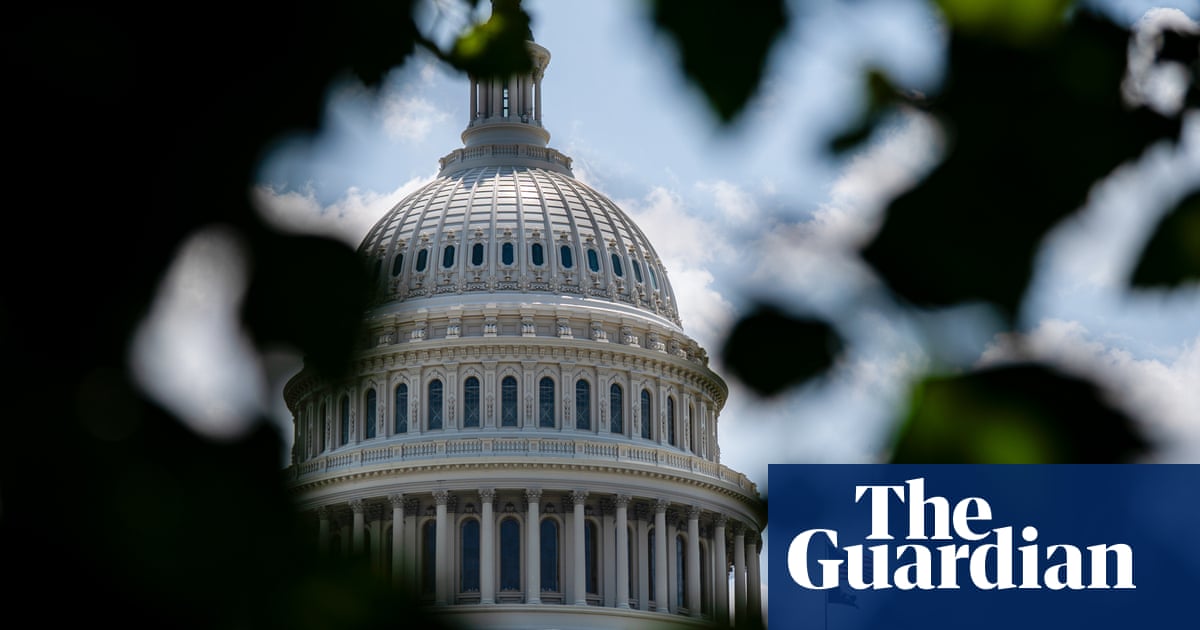By Ammu Kannampilly, Jonathan Landay and Jessica Donati
(Reuters) -With 1,100 tonnes of emergency food rations nearing expiry in a U.S. government warehouse in Dubai after President Donald Trump's aid freeze, it took a warning of "wasted tax dollars" for a top U.S. official to eventually agree to a deal for the supplies to be used, sources told Reuters.
The deal saved 622 tonnes of the energy-dense biscuits in June, but 496 tonnes, worth $793,000 before they expired this month, will be destroyed, according to two internal U.S. Agency for International Development memos reviewed by Reuters, dated May 5 and May 19, and four sources familiar with the matter.
The wasted biscuits will be turned into landfill or incinerated in the United Arab Emirates, two sources said. That will cost the U.S. government an additional $100,000, according to the May 5 memo verified by three sources familiar with the matter.
The delays and waste are further examples of how the freeze and then cutbacks, which led to the firing of thousands of USAID employees and contractors, have thrown global humanitarian operations into chaos.
A spokesperson for the State Department, which is now responsible for U.S. foreign aid, confirmed in an email to Reuters that the biscuits would have to be destroyed. But they said the stocks were "purchased as a contingency beyond projections" under the administration of former President Joe Biden, resulting in their expiration.
Trump has said the U.S. pays disproportionately for foreign aid and he wants other countries to shoulder more of the burden.
His administration announced plans to shut down USAID in January, leaving more than 60,000 tonnes of food aid stuck in stores around the world, Reuters reported in May.
The food aid stuck in Dubai was fortified wheat biscuits, which are calorie-rich and typically deployed in crisis conditions where people lack cooking facilities, "providing immediate nutrition for a child or adult", according to the U.N. World Food Programme.
The WFP says 319 million people are facing acute levels of food insecurity worldwide. Of those, 1.9 million people are gripped by catastrophic hunger and on the brink of famine, primarily in Gaza and Sudan.
FOOD SECURITY
After Jeremy Lewin and Kenneth Jackson, operatives of the budget-slashing Department of Government Efficiency, were appointed acting deputy USAID administrators and began terminating food security programmes, USAID staff were barred from communicating with aid organisations that were asking to take the biscuits, two sources said.
U.S. Secretary of State Marco Rubio told lawmakers on May 21 that no food aid would be wasted, as USAID staff were waiting for Lewin to sign off on a deal to transfer the 622 tonnes of biscuits to the WFP for distribution before they began expiring in September.
That agreement was approved in June after weeks of waiting, according to five sources familiar with the matter and the May 19 memo verified by two of the sources.
Both sources told Reuters that Lewin, who now runs the State Department's Office of Foreign Assistance, did not respond to the request for weeks.
Eventually, USAID staff sent a memo to Lewin warning him that the biscuits had a limited shelf-life and that the agency would have to pay an estimated $125,000 to have them destroyed, resulting in "wasted tax dollars", unless an agreement was struck with WFP to take them, both sources said.
Lewin finally signed it, clearing the way for USAID staff to save the 622 tonnes of biscuits, valued at just under $1 million, now destined for Syria, Bangladesh and Myanmar, according to the memo.
Lewin did not respond to requests for comment. The State Department spokesperson did not address what the sources said about the delays blamed on Lewin.
Both sources said it took until early July to begin sending the stocks because generally it requires weeks of work to rearrange shipments after supply chains are disrupted.
A WFP official said it had signed an agreement to receive the biscuits.
The supplies slated for destruction could have fed around 27,000 people for a month according to a Reuters analysis using figures from WFP. Those stocks were originally intended for USAID partners in Afghanistan and Pakistan.
Alexandra Rutishauser-Perera, the director of nutrition at Action Against Hunger UK, said: "We knew the suspension of USAID funding would have immediate consequences, and the destruction of emergency food, at a time when acute hunger is at its highest on record, underscores the unintended consequences of such funding cuts."
The United States is the world's largest humanitarian aid donor, amounting to at least 38% of all contributions recorded by the United Nations. It disbursed $61 billion in foreign assistance last year, just over half of it via USAID, according to government data.
The Trump administration notified Congress in March that USAID would fire almost all of its staff in two rounds on July 1 and September 2, as it prepared to shut down.
In a statement on July 1 marking the transfer of USAID to the State Department, Rubio said the U.S. was abandoning what he called a charity-based model and would focus on empowering countries to grow sustainably.
"We will favor those nations that have demonstrated both the ability and willingness to help themselves and will target our resources to areas where they can have a multiplier effect and catalyze durable private sector, including American companies, and global investment," he wrote.
(Reporting by Ammu Kannampilly in Nairobi, Jonathan Landay in Washington and Jessica Donati in Dakar; Writing by Ammu Kannampilly; Editing by Alison Williams)

 German (DE)
German (DE)  English (US)
English (US)  Spanish (ES)
Spanish (ES)  French (FR)
French (FR)  Hindi (IN)
Hindi (IN)  Italian (IT)
Italian (IT)  Russian (RU)
Russian (RU) 























Comments